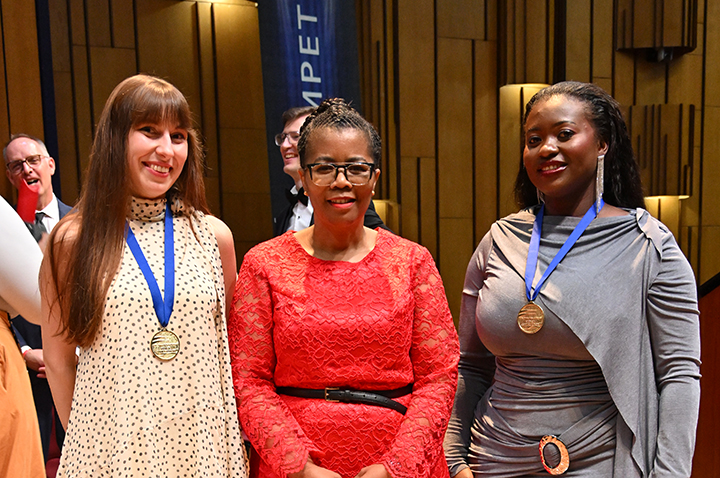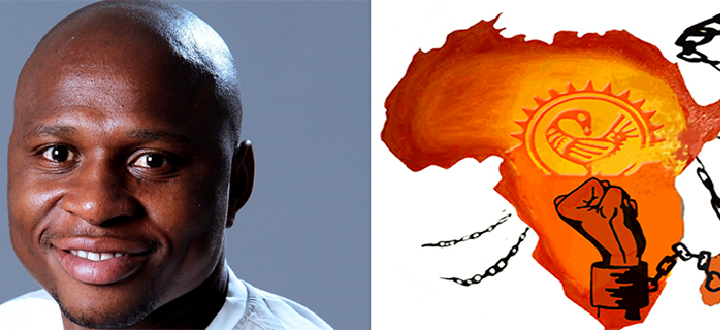
The African college of excellence in the social and human sciences
“People are tangled up with divine life; via prayer the believer attempts to create a significant relationship with God. Different forms of prayer add different values and effects to the meaning of the prayer”. These were the words of Prof Dirk van der Merwe from the Department of Christian Spirituality, Church History and Missiology when he presented his lecture entitled the Pauline exhortation towards a spirituality of prayer.
He said the experience of the divine involvement by the believer constitutes divine human dialogue within their relationship. These two constituents are like two inter-soluble sides of a coin, you can distinguish them but never separate them. He continued to state that Paul’s prayer forms the most notable aspect of his spirituality because when he analysed Paul’s prayers he detected seven aspects in his prayer life.
“In his epistles Paul refers repeatedly to his prayers especially for the particular church to which he is writing and he often prays for them and thinks about them, Paul was a prayer before he became a missionary, the object of Paul’s prayer is always God and not Christ or the Holy Spirit, and he consistently refers to God as Father in his prayers.
“Paul’s entire life was a regular engagement in spiritual practices and his prayer language has been used quite normatively throughout the history of the church and because of his theological education some of his prayers are saturated with meaningful theological concepts and vocabulary.”
Prof van der Merwe further elaborated that in Paul’s exaltation he sanctifies the readers to live a holy life thus holiness is embedded in the believer’s everyday living and conduct. The readers are exhorted through imperatives to sanctify themselves in order to prepare them for the second coming of Christ.
He emphasised that the Christian believer must become aware of divine involvements in their lives because when they find themselves on the road of sanctification it is where they will become more aware of Gods involvement, which will lead to prayer and thankfulness.
He highlighted that it is the spirit of God that enables believers to distinguish and experience Gods activities and involvement, and if we think about continuous prayer we must not think of prayer as an entity on its own because prayer is an environment. The Christians have to continue the mission of Christ because God should become present through their conduct and way of living with other people.
He closed his lecture with the following words, “We must have the mindset that God is involved in our lives every day and we should see our relationship with God as a partnership that promises the greatest potential excitement.”
*By Nomshado Lubisi (CHS communication & marketing)
Publish date: 2017/10/10
 Unisa celebrates a project of hope, dignity and student success
Unisa celebrates a project of hope, dignity and student success
 Women vocalists take top honours at Unisa's globally renowned showcase
Women vocalists take top honours at Unisa's globally renowned showcase
 African wealth is dependent on investment in education and development
African wealth is dependent on investment in education and development
 Unisa celebrates matric result success at Correctional Services ceremony
Unisa celebrates matric result success at Correctional Services ceremony
 Unisa ICT Director recognised among acclaimed IT leaders
Unisa ICT Director recognised among acclaimed IT leaders